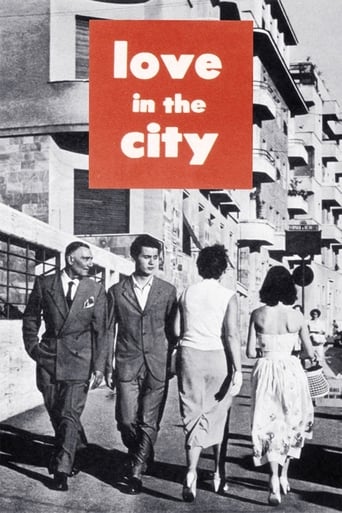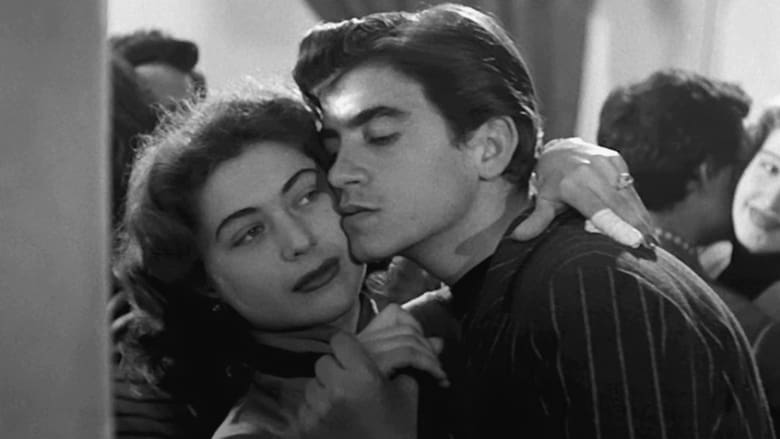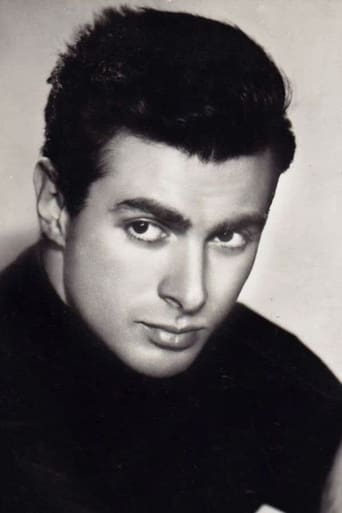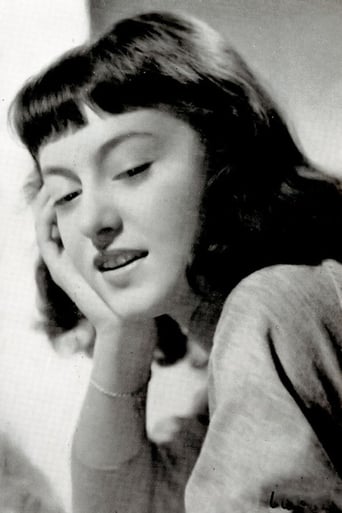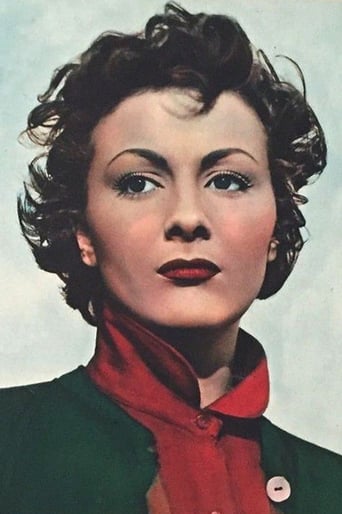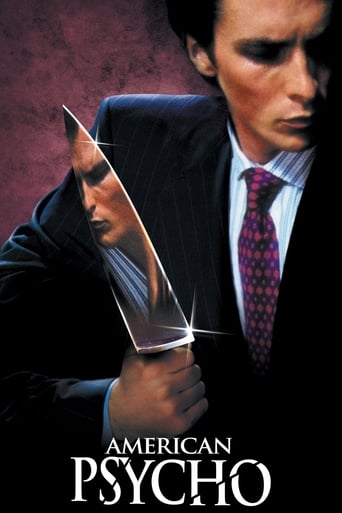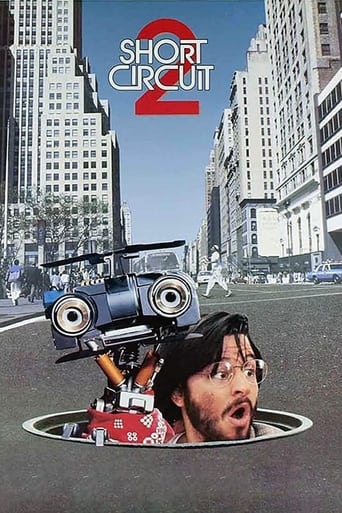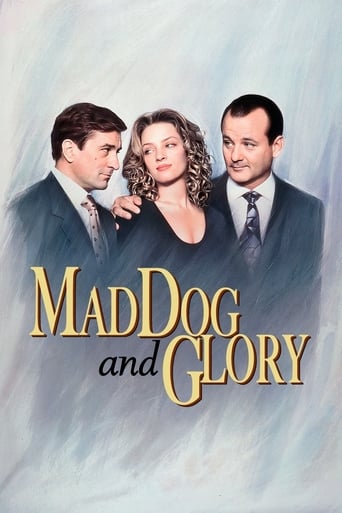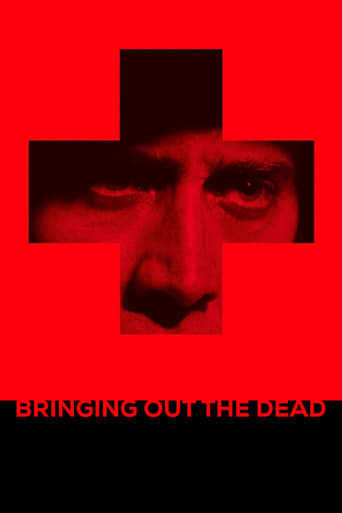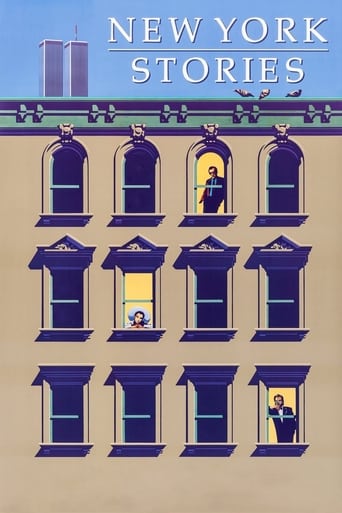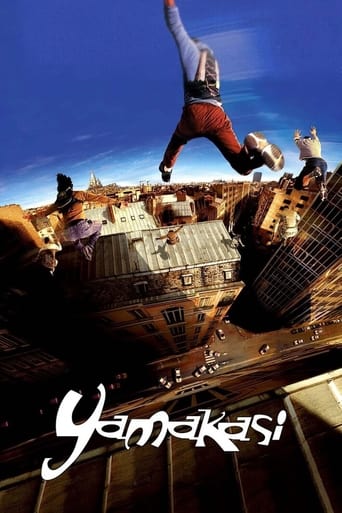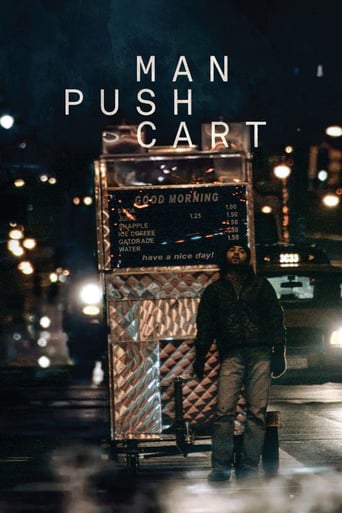Love in the City (1955)
Six separate episodes exploring themes of love, sex and romance in the Italian capital. "Paid Love" offers a glimpse into prostitution; "Attempted Suicide" features would-be suicides discussing their despair; "Paradise for Three Hours" depicts an evening at a provincial dance hall; "Marriage Agency" follows an investigative reporter posing as a husband-to-be; "Story of Caterina" tells the story of a young unwed mother forced to abandon her child; and "Italians Stare" catalogues the girl-watching techniques of Italian men.
Watch Trailer
Cast
Similar titles

Reviews
best movie i've ever seen.
The acting is good, and the firecracker script has some excellent ideas.
All of these films share one commonality, that being a kind of emotional center that humanizes a cast of monsters.
By the time the dramatic fireworks start popping off, each one feels earned.
While this was not the best work by any of the directors, it's still fascinating. Something not mentioned in the other reviews is that the film uses a framing device of a magazine--this is issue #1 of a cinema journal, with each short film introduced like an article, with a byline. It reminded me of Vertov's Kino-pravda series in that respect. All of the stories are supposedly real-life, but some seem more real than others. In classic neorealistic style, all of the actors are non- professional, but it goes beyond that. Zavattini's segment, which has the strongest narrative, shows newspaper headlines suggesting it's entirely true; Antonioni's seems staged until one of the characters shows a scar that looks very real. Fellini's is the least documentarian segment, but still affecting.
This film is included in Parker Tyler's "Classics of the Foreign Film," a seminal book published in the 1960s (perhaps updated since then). I saw it for the first time recently through a videotape available at a local university. The film captures aspects of 1950s Rome fairly well, the best segment concerning a Sicilian woman who, having a baby boy out of wedlock, cannot pay for the child's care due to her inability to obtain work. Out of desperation she abandons the child in a park. He is rescued and taken to an orphanage where she tracks him down, admitting to being his mother. Though she is arrested for abandoning the child, the public and court absolve her of guilt due to understanding the situation she had been in. She then becomes a nurse to care for children. If only life had been/was like that. This segment certainly wins in depicting the difficulty of illegitimacy in those days, especially in a very traditional society. Then again, Italian and European cinema were more mature about such things than was Hollywood.
That was the intent, anyway. Cesare Zavattini produced the film and brought together five directors to make short films about love. The results are all good, but none of them great. They all have problems. To add to this problem, the version that I saw had English narration in the prologue and in the inter-segments, and sometimes in the short films themselves. I don't know if anything was edited out.Part 1 (d. Dino Risi): This segment is a charming little film about the people in a dance hall. It has no real story. Instead, we see couples connect, people alone, and couples break up. It's very nice.Part 2 (d. Michelangelo Antonioni): Of course, I saw the film for the Antonioni and Fellini segments. They're two of my very favorite filmmakers. Antonioni's is quite interesting. It is the most documentary-like segment. I don't know if it's true, but the narration claims that they gathered together a group of people who had attempted suicide over failed relationships. Two women tell their stories in an interview format. It's quite good.Part 3 (d. Federico Fellini): At first, this looks like it will be the best of the film. The opening sequence, with the main character wandering through the narrow hallways of a Roman apartment building looking for a matrimonial service (the equivalent of a dating service). A young child tells him that he will lead him to that room, and as they proceed, other children show up and follow them. That's a very mystical scene, but what follows is very disappointing. The man claims that he's looking for a wife for his friend, who happens to be a werewolf. This segment is the one that hints that there might have been some editing in the version that I watched. This man is introduced to the girl, they have a conversation in a field, and then the man, I guess, tells her that she is too good to do so. The result is nonsensical. There is absolutely no payoff. Actually, the weak ending reminds me a lot of the segment Fellini wrote for Roberto Rosselini's Paisa. Part 4 (d. Mesallini Zavattini): I assume Zavattini is related to Cesare, probably his brother or son. Anyhow, this segment is most in-line with the neorealistic movement, which was dying by the time this film was made. A Sicilian woman went to Rome to find maid work. Her first employer impregnates her and then fires her. Now she's stuck with a young boy but no money whatsoever. She tries to scam a nanny into taking care of the kid, but he is eventually given back to her. There is a beautiful scene where the mother changes her sons diaper on the edge of a fountain. This scene's real-time realism is reminiscent of the maid's morning duties in Vittorio de Sica's Umberto D., made shortly after this film and written by Cesare Zavattini. The climactic scene is truly heartbreaking, but the end is horribly anticlimactic. This film really shouldn't have had a happy ending. Neorealism and happy endings really don't mix.Part 5 (d. Alberto Lattuada): Lattuada is most famous for co-directing with Fellini on his first film, Variety Lights. His segment in Love in the City is perhaps the best of the film. It has no story at all. Instead, it is a non-narrative compilation of the reactions of men when they see beautiful woman. The editing reminded me of Leni Riefenstahl's Olympia. It's quite musical. In fact, the music of this segment is really good. The film ends on a very poetic moment. All in all, you should see the film if you're a fan of Italian cinema, or just of Antonioni or Fellini. 7/10.
Antonioni goes deep and examines suicide caused by heartbreak. Fellini verges on his strange world. Risi lampoons the dance halls. Zavattini goes neo-realism with the love of a mother to her child. Lattuada deals with lust and perversion with bouncing breasts, swinging hips and eyes popping out of their sockets. Fellini is the most interesting one.
